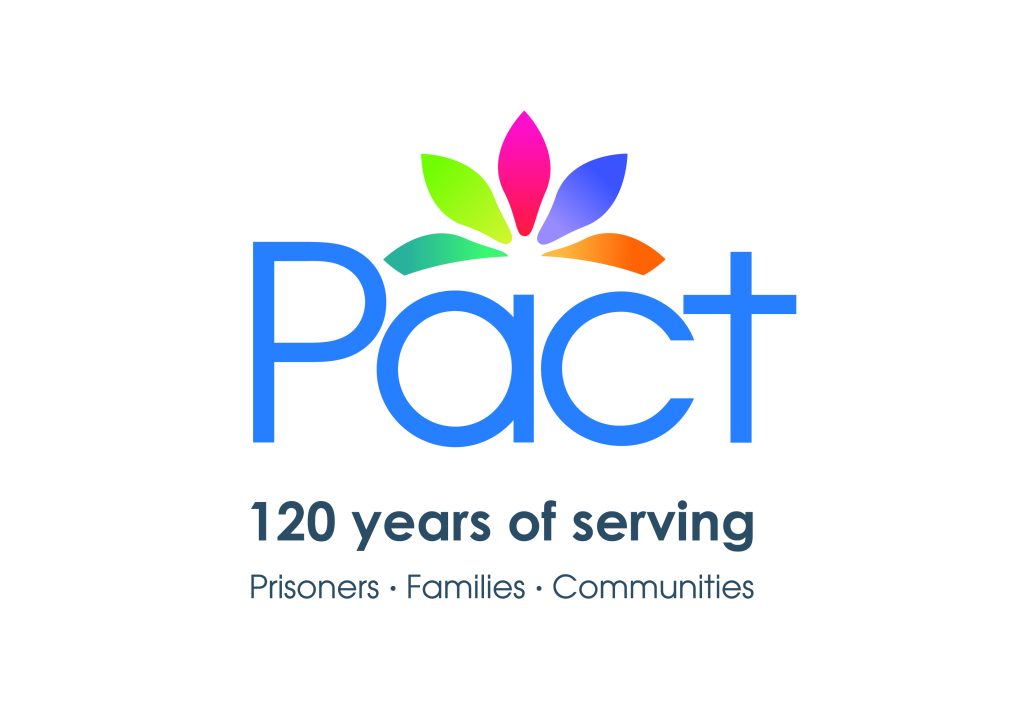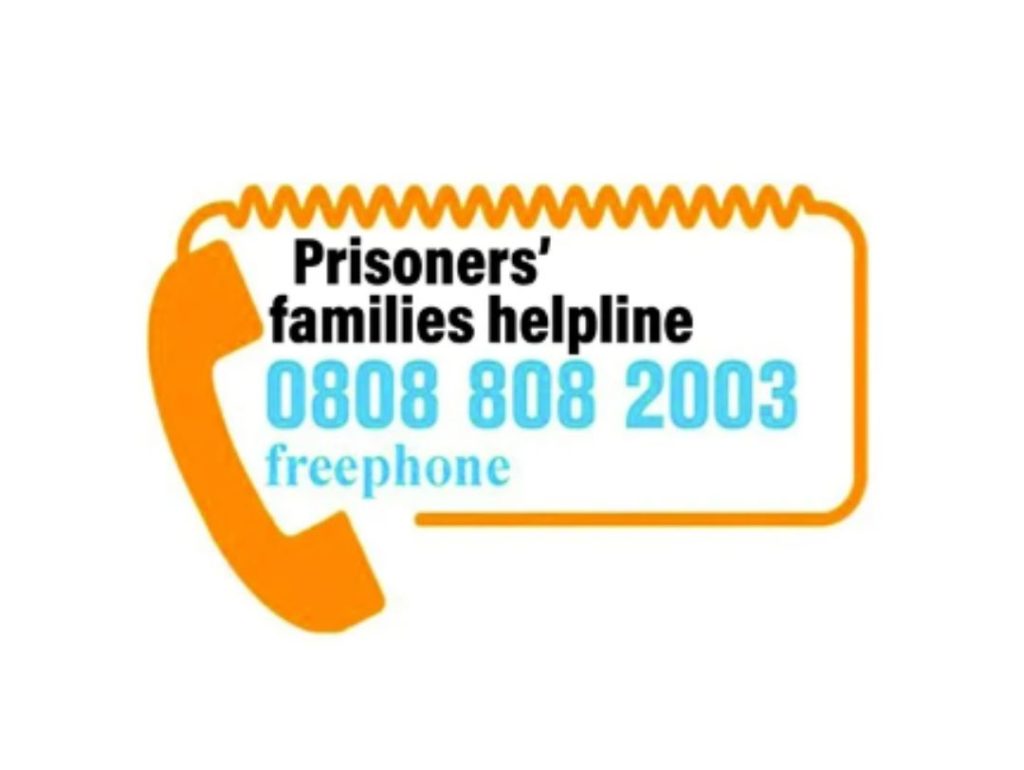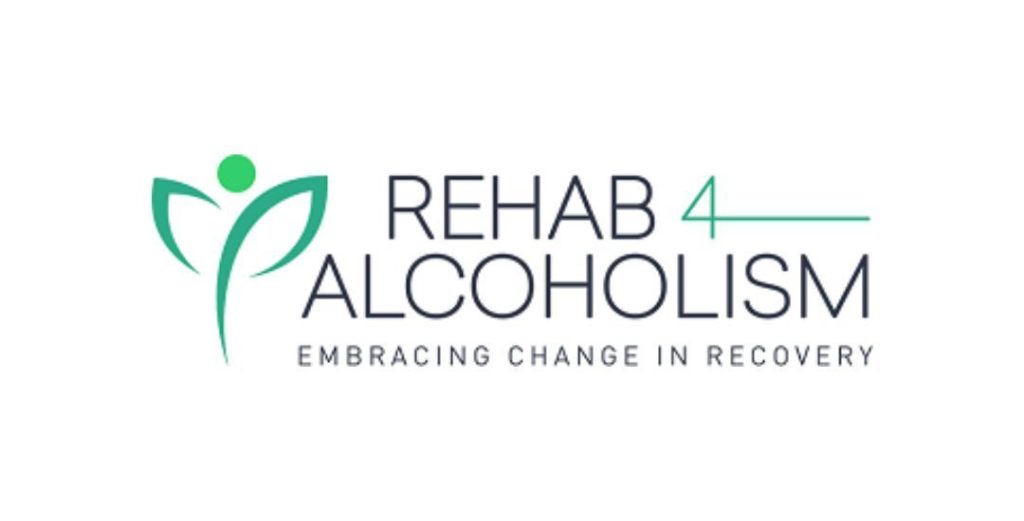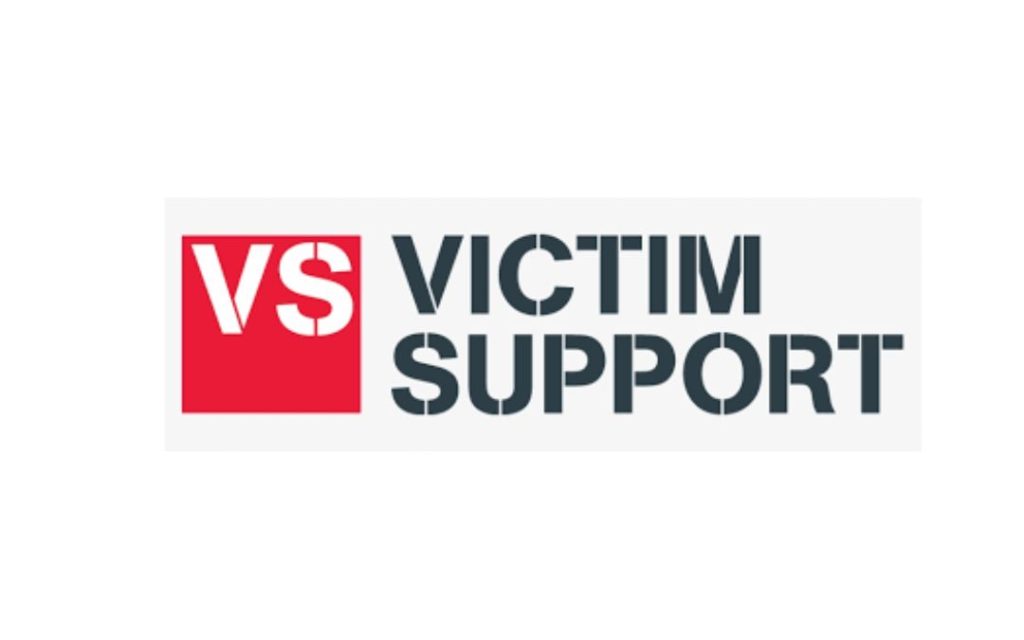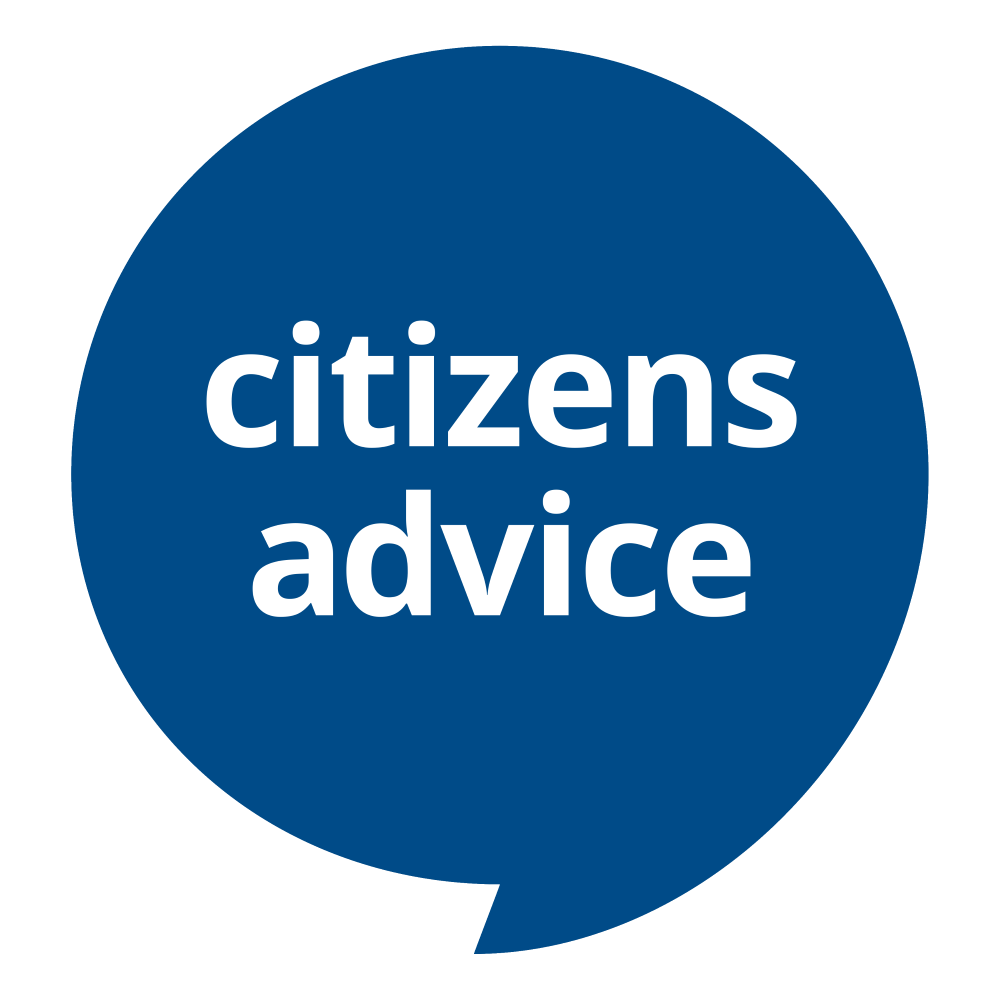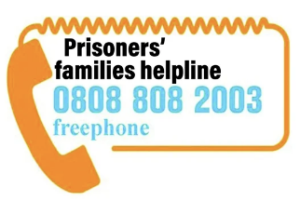
We continue to build and update this list of useful contacts and resources for visitors to our site.
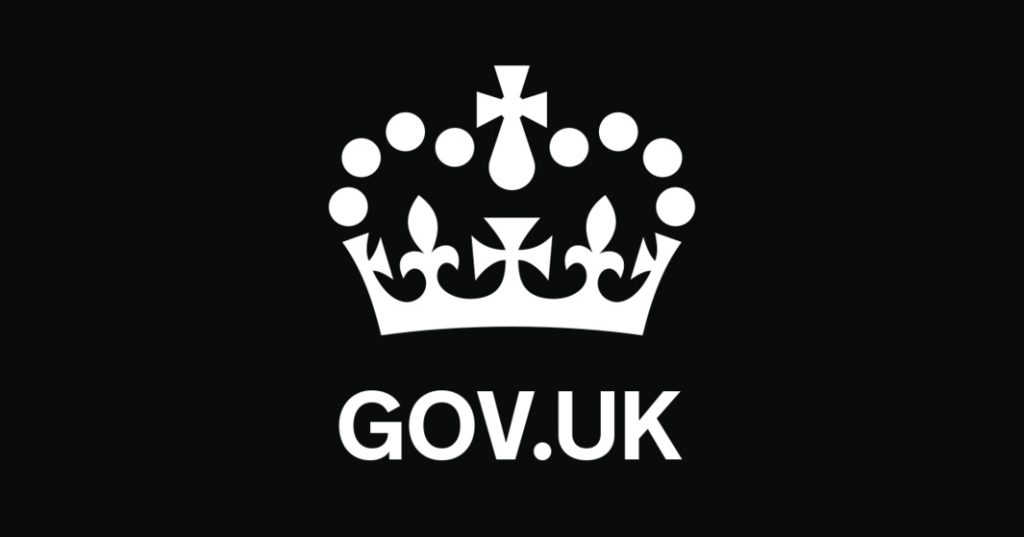
Apply for Help with Prison Visits you may be able to claim for help to pay for your prison visit. For more information click on the link above or Email: HelpwithPrisonVisits@justice.gov.uk or Tel: 0300 063 2100, Monday – Friday 9am – 5pm.
Prison Reform Trust working to create a just, humane and effective prison system.
Prison Advice and Care Trust (PACT) provide information that you may find useful for the duration of the time your family or friend is a resident at HMP Erlestoke. Further information can be found on the prison website or you can ring the main switchboard on 01380 814250.
HMP Erlestoke Visitor Centre Telephone: 01380 816828 or 01380 814270.
Offenders’ families helpline can support you if a family member is in contact with the criminal justice system. They provide advice and information on all aspects from what happens on arrest, visiting a prison to preparing for release. They support families in England and Wales.
Rehab 4 Alcoholism is a helpline for people experiencing addiction.
The helpline provides free advice and aims to stop addiction before it becomes too late.
Call your local helpline on 0800 111 4108.
Victim Support Wiltshire offer emotional and practical help to people who have been affected by crime in Wiltshire. They are an independent charity and you can contact them for support regardless of whether you’ve contacted the police, and no matter how long ago the crime took place. They will help you for as long as it takes to overcome the impact of crime. Call your local victim care team in Wiltshire on 0808 281 0113.
Citizens Advice Bureau offers advice to help people facing problems that seem complicated or intimidating.
They aim to help you find a way forward, whatever the problem.
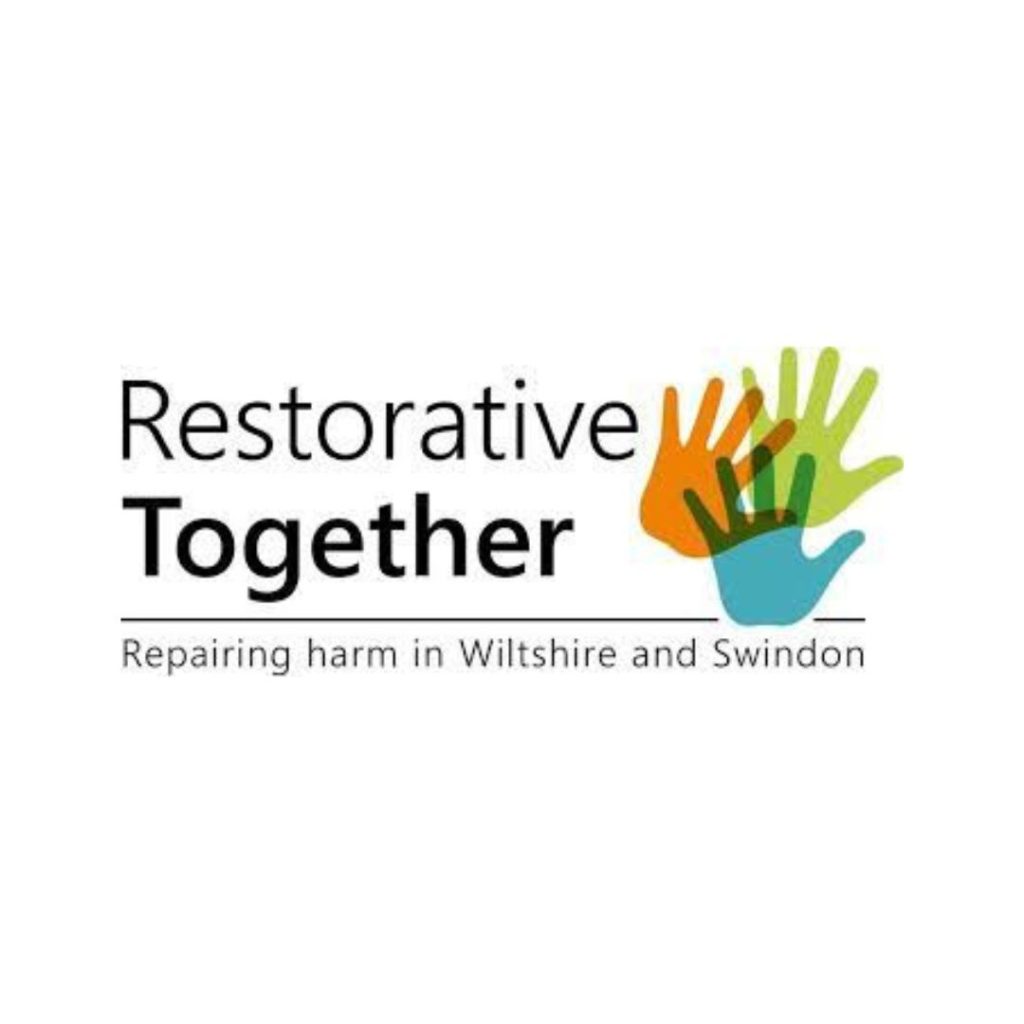
Restorative Together helps people affected by crime to communicate with the person or people responsible. This communication can take the form of letters, shuttle communication, or even face-to-face meetings. Restorative justice (RJ) is a voluntary process and, to be most successful, it is necessary for those who have done wrong to admit what they have done.
- Repair some of the harm that has been caused.
- Give those who have been harmed a chance to express how they feel and to ask questions.
- People who have caused harm to appreciate how they have affected others and to reflect on their behaviour.
- All those involved to move on from the experience.


